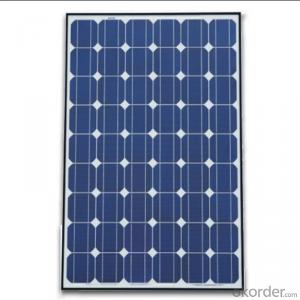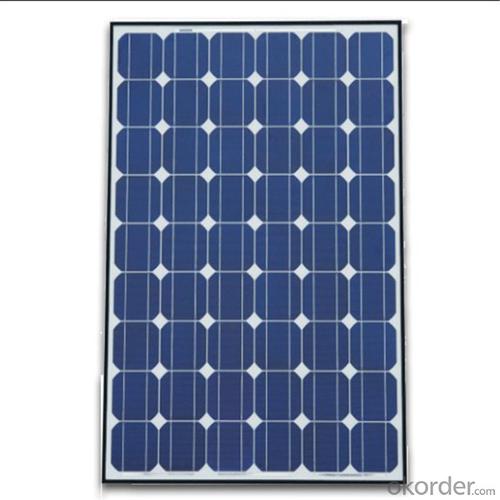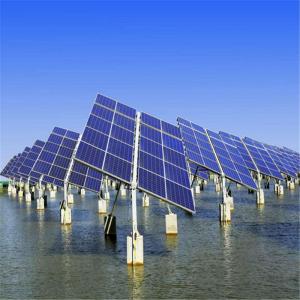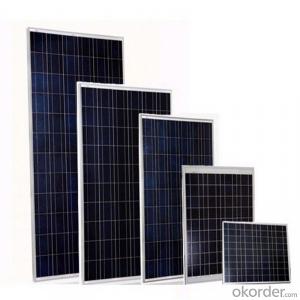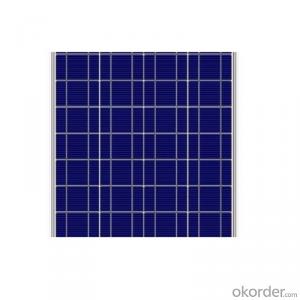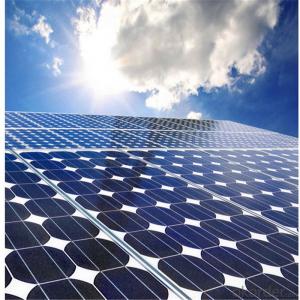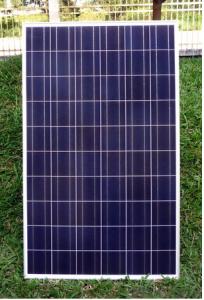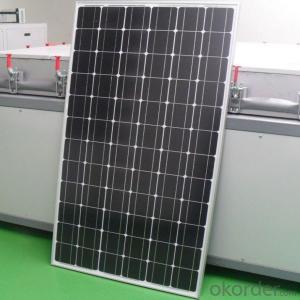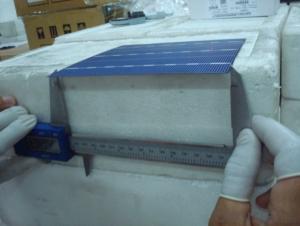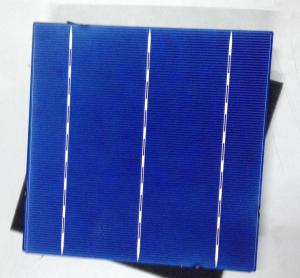220 Watt Mono Si Solar Cells Photovoltaic Poly Solar Panel
- Loading Port:
- China main port
- Payment Terms:
- TT OR LC
- Min Order Qty:
- 1000 watt
- Supply Capability:
- 500000 watt/month
OKorder Service Pledge
OKorder Financial Service
You Might Also Like
Specification
Instruction
Quality and Safety
1. Rigorous quality control meets the highest international standards.
2. High-transmissivity low-iron tempered glass, strong aluminium frame.
3. Using UV-resistant silicon.
4. IS09001/14001/CE/TUV/UL
5.3w-300w mono & poly solar panel supply
Warranties
1. 10 years limited product warranty
2. 15 years at 90% of the minimal rated power output
3. 25 years at 80% of the minimal rated power output
Feature
1. High efficiency and High power.
2. Long-term electrical stability.
3. Lowest price and Fastest delivery.
4. Good quality and good service.
5.Bulk supply
6. Good Warranty
7.Big Sale
8.High quality
9.More than 35 years on the lifetime.
10 DHL/Fedex/UPS/TNT/EMS etc
Images
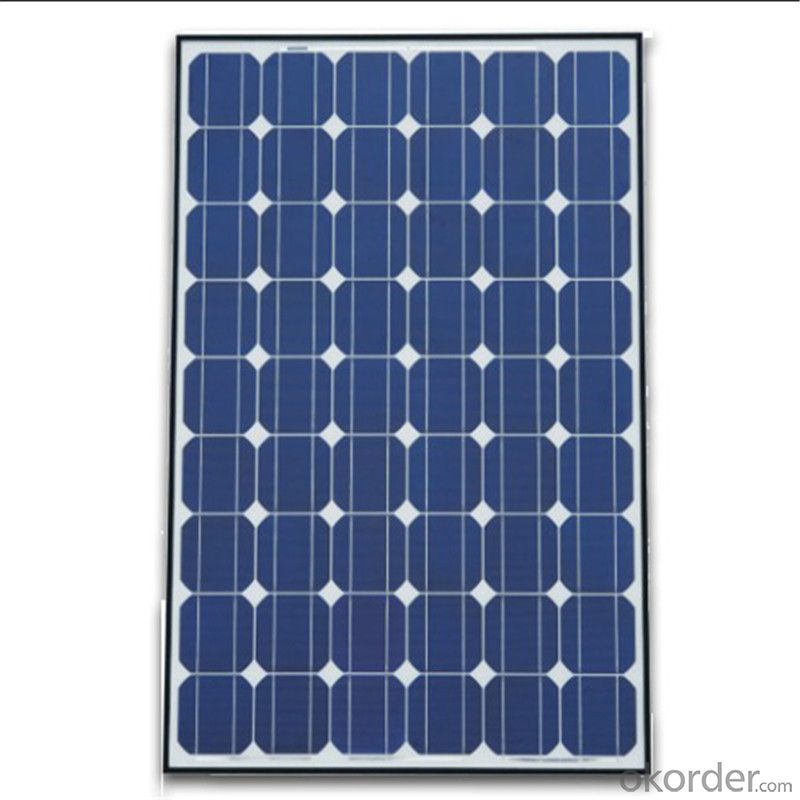
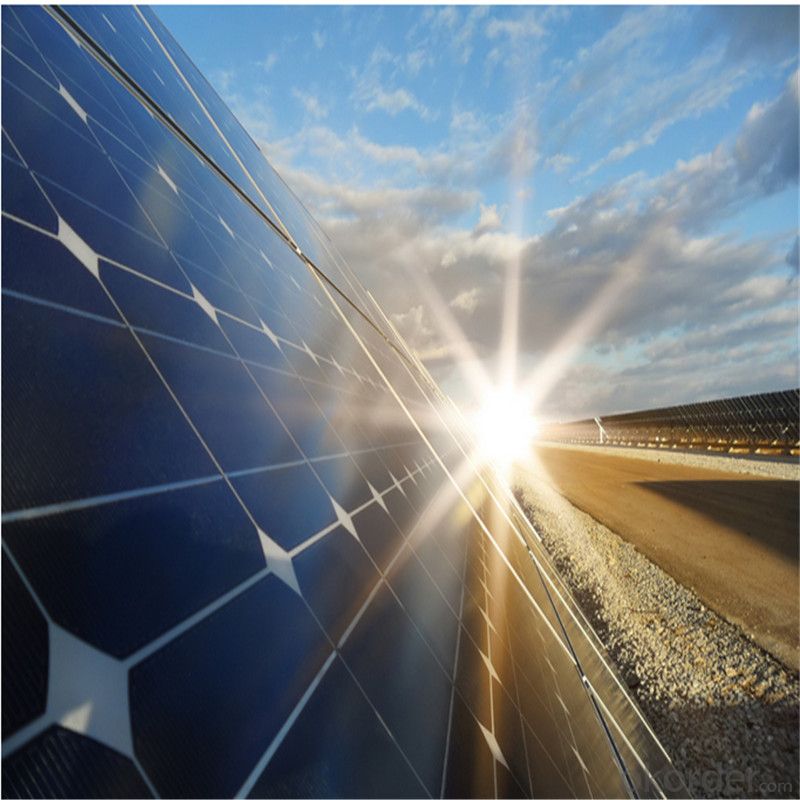
Specification
Model | SIM-100 |
Maximum Power at ST(Pmax)W | 100Wp |
Maximum Power Voltage(Vmp)V | 18.0V |
Maximum Power Current(Imp)A | 5.56A |
Open Circuit Voltage(Voc)V | 22.0V |
Short Circuit Current(Isc)A | 5.9A |
Cell Efficiency(%) | 17.0% |
Module Efficiency(%) | 15.37% |
Operating Temperature°C | -40°C to 85°C |
Maximum system voltage | 1000V(IEC)DC |
Power tolerance | -0.03 |
Temperature coefficients of Pmax | -0.45%/°C |
Temperature coefficients of Voc | -0.27%/°C |
Temperature coefficients of Isc | 0.05%/°C |
Weight(kg) | 7.4 |
Number of cell(pcs) | 4*9 |
FAQ
We have organized several common questions for our clients,may help you sincerely:
1). What’s price per watt?
A: It’s depends on the quantity, delivery date and payment terms of the order. We can talk further about the detail price issue. Our products is high quality with lower price level.
2). Can you tell me the parameter of your solar panels?
We have different series of cells with different power output, both from c-si to a-si. Please take our specification sheet for your reference.
3). How do you pack your products?
We have rich experience on how to pack the panels to make sure the safety on shipment when it arrives at the destination.
4). How long can we receive the product after purchase?
In the purchase of product within three working days, We will arrange the factory delivery as soon as possible. The perfect time of receiving is related to the state and position of customers. Commonly 7 to 10 working days can be served.
- Q: How do solar cells impact greenhouse gas emissions?
- Solar cells have a positive impact on greenhouse gas emissions as they generate electricity from renewable and clean energy sources, such as sunlight. By utilizing solar cells to generate power, we reduce the reliance on fossil fuels, which are major contributors to greenhouse gas emissions. Therefore, solar cells help to mitigate climate change by reducing the overall carbon footprint and promoting a more sustainable and eco-friendly energy system.
- Q: What is the efficiency of solar cells?
- The efficiency of solar cells refers to the percentage of sunlight that can be converted into usable electricity.
- Q: How long does it take to install solar cells on a residential property?
- The duration of installing solar cells on a residential property can vary depending on various factors such as the size of the system, complexity of the installation, and the availability of resources. However, on average, it can take anywhere from a few days to a few weeks to complete the installation process.
- Q: Can solar cells be used in traffic management systems?
- Yes, solar cells can be used in traffic management systems. They can be utilized to power various components of the system such as traffic lights, sensors, and cameras. Solar cells provide a renewable and sustainable source of energy, reducing the reliance on traditional power sources and helping to reduce carbon emissions. Additionally, solar-powered traffic management systems can be installed in remote areas where access to electricity grids may be limited or non-existent.
- Q: How do solar cells generate electricity at night?
- Solar cells do not generate electricity at night as they rely on sunlight to produce energy.
- Q: What is the lifespan of solar cells?
- The lifespan of solar cells can vary, but on average, they are designed to last for 25 to 30 years.
- Q: What is the impact of partial shading on solar cell performance?
- Partial shading on solar cell performance can have a significant negative impact. When a solar cell is partially shaded, even a small portion of shading can reduce its overall power output. This is because shaded cells create voltage mismatches within the solar panel, leading to decreased current flow and overall efficiency. Additionally, partial shading can also cause hotspots, which can damage the solar cells and reduce their lifespan. Therefore, it is crucial to design solar systems carefully, avoiding any shading to ensure optimal performance and maximize energy generation.
- Q: Can solar cells be used in harsh climates?
- Yes, solar cells can be used in harsh climates. Solar cells are designed to withstand a wide range of environmental conditions, including extreme temperatures, high humidity, and strong winds. Additionally, advancements in solar technology have made solar panels more durable and resistant to damage from factors like snow, hail, and dust. However, it is important to consider the specific climate conditions and take necessary precautions to ensure the optimal functioning and longevity of solar cells in harsh climates.
- Q: How are solar cells made?
- Solar cells are typically made by using a combination of silicon, metal conductors, and anti-reflective coatings. The process involves depositing layers of these materials onto a substrate, which is then cut into individual cells. These cells are then assembled into solar panels, which can convert sunlight into electricity.
- Q: How do solar cells perform in different geographic locations?
- Solar cells perform differently in different geographic locations due to variations in sunlight intensity and duration. Generally, solar cells perform better in regions closer to the equator with higher solar irradiance. However, solar cells can still generate electricity in less sunny locations, although their efficiency may be lower. Factors such as climate, cloud cover, pollution, and shading also impact solar cell performance. Additionally, the angle at which solar panels are installed can optimize energy production in specific geographic locations.
Send your message to us
220 Watt Mono Si Solar Cells Photovoltaic Poly Solar Panel
- Loading Port:
- China main port
- Payment Terms:
- TT OR LC
- Min Order Qty:
- 1000 watt
- Supply Capability:
- 500000 watt/month
OKorder Service Pledge
OKorder Financial Service
Similar products
Hot products
Hot Searches
Related keywords
